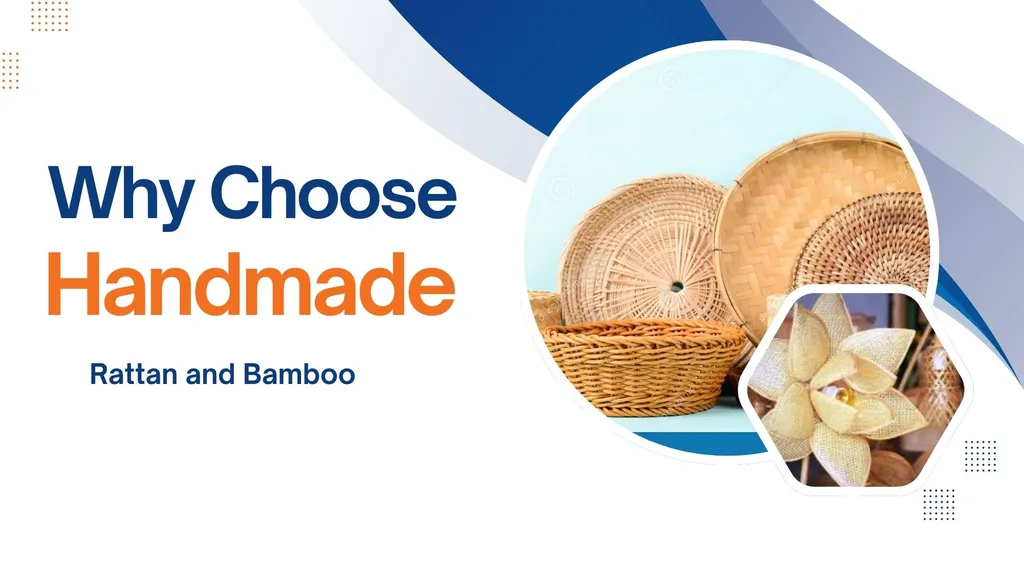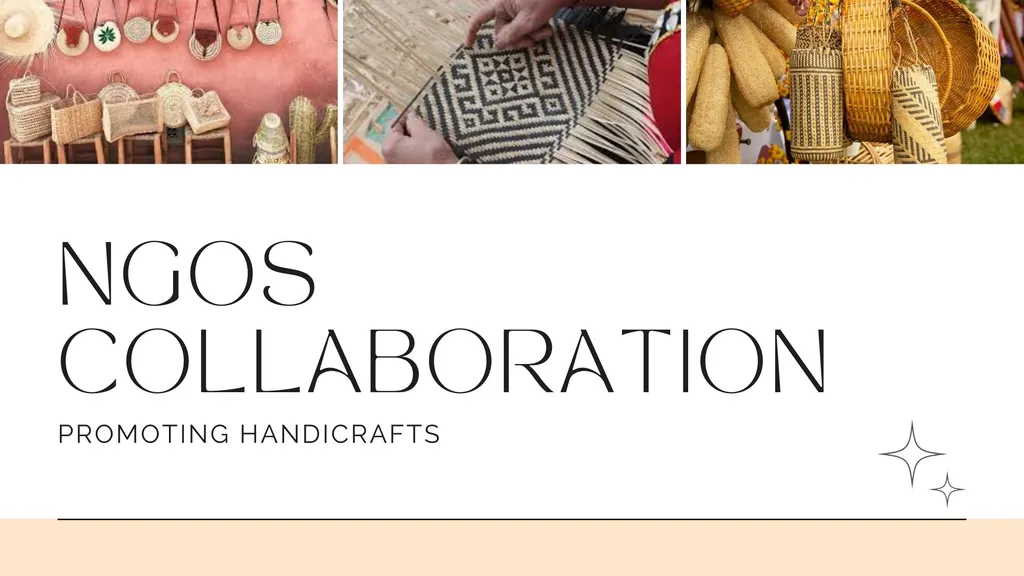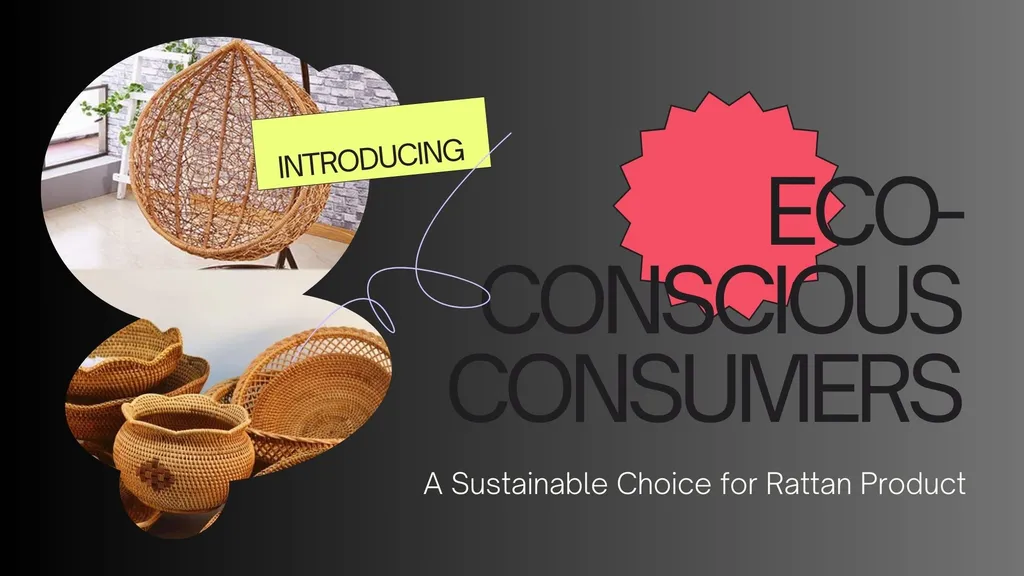Contents

In an age of mass production, handmade products are experiencing a remarkable resurgence. Consumers are increasingly drawn to artisanal crafts for their authenticity, uniqueness, and ethical appeal, marking a shift away from the uniformity of factory-made goods. This trend reflects a desire for meaningful connections, sustainable practices, and cultural significance, driven by several key factors.
The Appeal of Uniqueness and Personalization
Handmade products offer individuality that mass-produced items cannot match. Each piece carries the artisan’s personal touch, reflecting their skill and creativity. Consumers value the emotional resonance of these items, which tell a story and embody passion. Additionally, artisanal crafts often allow customization, enabling buyers to collaborate with makers on designs, colors, or materials that align with their personal style. This bespoke experience fosters a sense of ownership and connection, making handmade goods highly desirable.
Sustainability and Ethical Consumption
Environmental consciousness and ethical concerns are major drivers of the handmade movement. Artisanal products are often crafted using eco-friendly materials and sustainable methods, reducing their environmental footprint compared to mass-produced goods. By choosing handmade, consumers support fair labor practices and local economies, aligning their purchases with values of social responsibility. The emphasis on upcycling and durability further enhances the appeal of these products for eco-conscious buyers.
The Role of E-Commerce and Social Media
The rise of e-commerce platforms like Etsy and Amazon Handmade has transformed the handmade market, connecting artisans with global audiences. These platforms provide visibility and convenience, allowing consumers to explore unique products from the comfort of home. Social media, particularly Instagram and Pinterest, amplifies this reach through visual storytelling. Artisans share the narratives behind their creations, building communities and fostering emotional connections with consumers. Influencers and trendsetters further boost demand by promoting handmade goods as lifestyle choices.
Cultural Significance and Craft Preservation
Handmade crafts are more than products; they are carriers of cultural heritage. Artisans preserve traditional techniques passed down through generations, embedding cultural narratives in their work. For consumers, these items offer a window into diverse traditions, fostering appreciation for craftsmanship and history. Supporting artisanal goods ensures the survival of these skills, sustaining local communities and cultural identities in an era of globalization.
Quality and Craftsmanship Over Convenience
Unlike mass-produced items, handmade products prioritize quality and attention to detail. Artisans use responsibly sourced materials and invest time in creating durable, high-standard goods. This focus on craftsmanship enhances the perceived value of artisanal items, offering consumers long-lasting products that stand out for their authenticity and individuality.
Demographic Influences on Handmade Preferences
Consumer preferences for handmade goods vary by demographic. Younger buyers, driven by innovation and sustainability, seek customizable and eco-friendly products that reflect their identity. Older consumers, on the other hand, value authenticity and traditional craftsmanship, often choosing items with cultural or personal significance. Education also plays a role, with informed consumers prioritizing ethical production and cultural narratives, further fueling demand for artisanal crafts.
The Future of Handmade Products
The handmade industry is poised for growth as consumer demand for personalized, sustainable, and culturally significant goods continues to rise. Emerging markets and technological advancements, such as digital design tools, will further expand opportunities for artisans. The DIY culture, supported by online crafting communities, also encourages creativity and self-expression, reinforcing the appeal of handmade goods.
As the market evolves, businesses like * Ethical Handicraft Manufacturer (EHM)*, a leader in sustainable wicker and rattan crafts, are well-positioned to meet this demand. By blending traditional techniques with ethical practices, EHM exemplifies the values driving the handmade movement, offering consumers meaningful, high-quality products that resonate with modern sensibilities.





